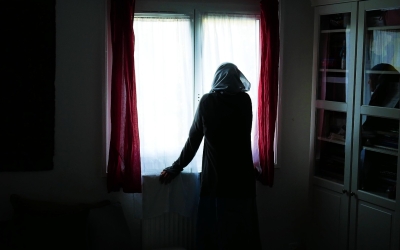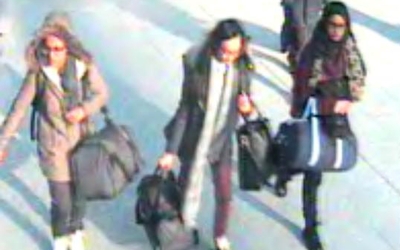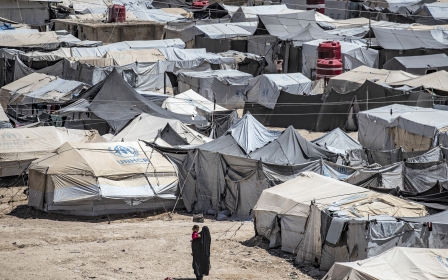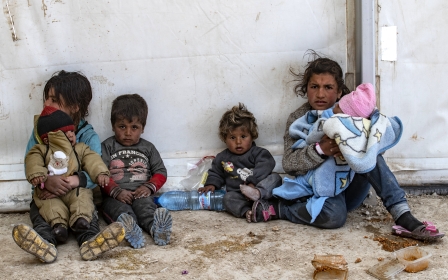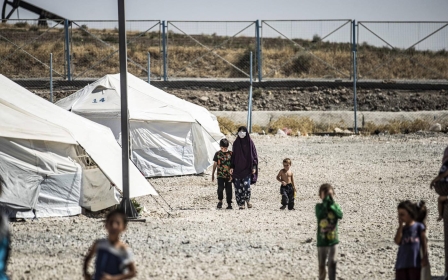Syria: Britain accused by MPs of abandoning young children in Islamic State camps
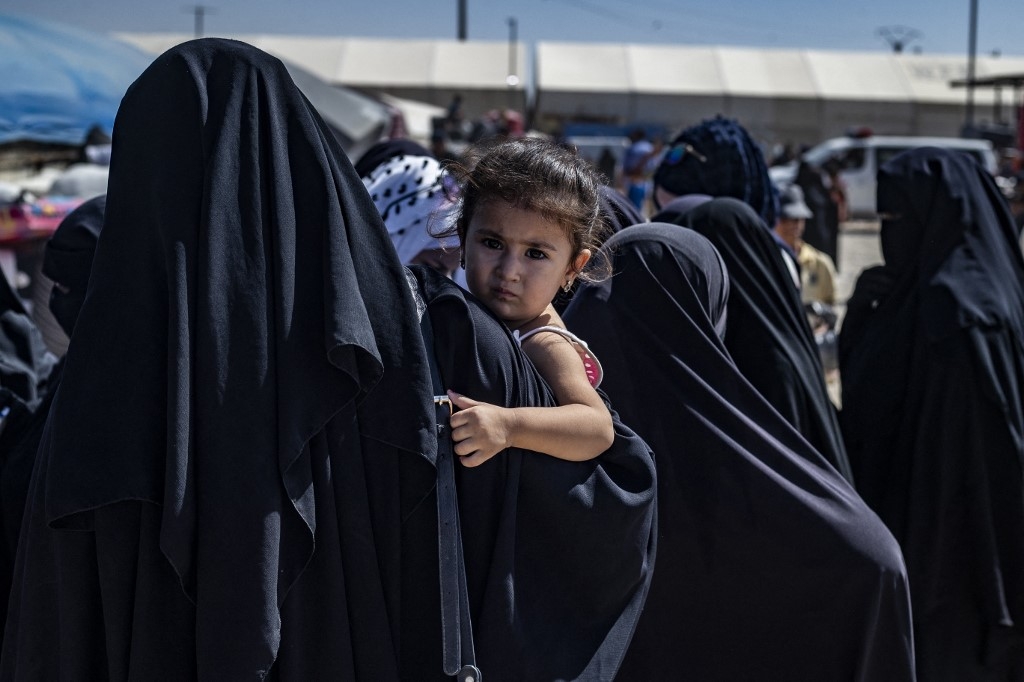
Britain has abandoned its citizens, including young children, in camps holding suspected Islamic State group members in northern Syria, according to a new report produced by a group of British MPs and peers.
The All-Party Parliamentary Group on Trafficked Britons in Syria has spent the past six months hearing testimony from former security officials and gathering evidence on Britain's policy of refusing to repatriate British nationals from Syria.
Comprising parliamentarians from across the political spectrum, from both the House of Commons and House of Lords, the all-party group worked with the human rights organisation Reprieve to conduct its inquiry.
They concluded that Britain's failure to repatriate its nationals from Syria would jeopardise national and global security, and recommended that Britain immediately repatriated its citizens, irrespective of gender or age.
Expert witnesses
Among the expert witnesses who spoke to the all-party group was Richard Barrett, the former director of global counter-terrorism operations at MI6, and Christopher Harnisch, the former deputy coordinator for countering violent extremism at the US State Department.
Cage, Human Rights Watch, the Institute of Race Relations, Save the Children and the Soufan Center were also among the groups who submitted written evidence to the inquiry.
The inquiry found that many women and children who went to IS territories were "groomed, coerced or deceived into travelling to Syria".
It also found that the deprivation of their citizenship was "imposed without a clear national security justification", with Barrett explaining the UK government had failed to indicate both the real level of the threat posed by individuals, and why the UK could not respond to any such threat.
"The government has sought to use the classic trope of secret intelligence on certain individuals being so significant that 'if you knew what [the government knew], you would not question stripping citizenship'," said Barrett.
'Rights can easily be taken away'
Baroness Sayeeda Warsi, vice-chair of the all-party group, condemned the government's refusal to repatriate citizens and strip them of British citizenship.
"The government has used its powers to deprive citizenship almost exclusively against Muslims, and is now seeking to extend these Draconian powers, signalling to Britons from minority communities that their rights can easily be taken away," said Warsi.
"To break this damaging cycle of alienation, we urgently need to listen to victims and their families - and the only way to do that is to bring British citizens home."
Unlike other western counterparts, including the US, the UK has refused to repatriate its nationals, and said it remains unsafe to do so.
But the UN Syria Commission of Inquiry, running from September 2020 to June 2021, said that at least 322 children and 56 women had been repatriated to 13 different home countries.
Last year, Human Rights Watch said an estimated 12,000 children and women who were not originally from Iraq or Syria now live in detention camps for family members of suspected IS militants.
In July 2019, US representatives told BBC News they were "extraordinarily frustrated with Britain's failure" to take back detainees.
Middle East Eye propose une couverture et une analyse indépendantes et incomparables du Moyen-Orient, de l’Afrique du Nord et d’autres régions du monde. Pour en savoir plus sur la reprise de ce contenu et les frais qui s’appliquent, veuillez remplir ce formulaire [en anglais]. Pour en savoir plus sur MEE, cliquez ici [en anglais].


